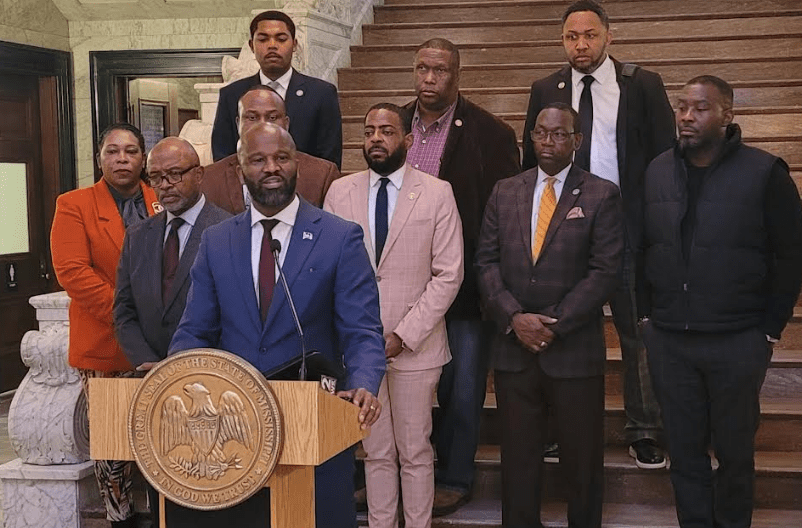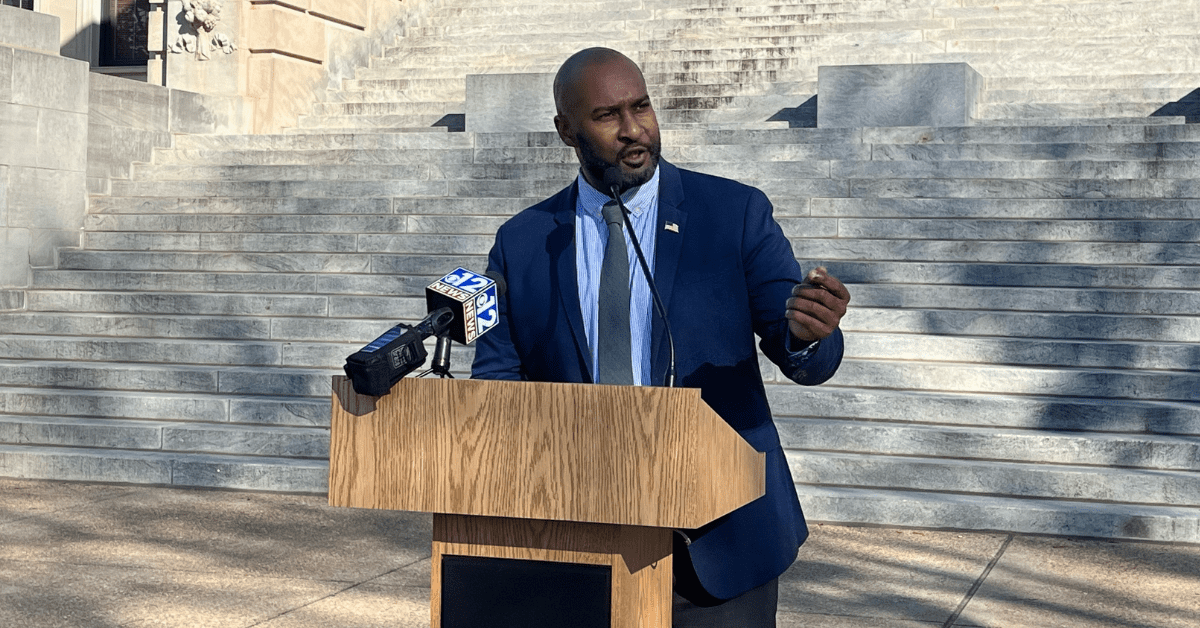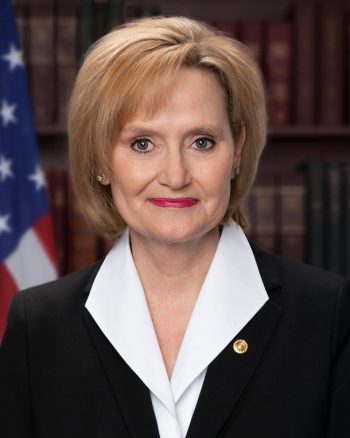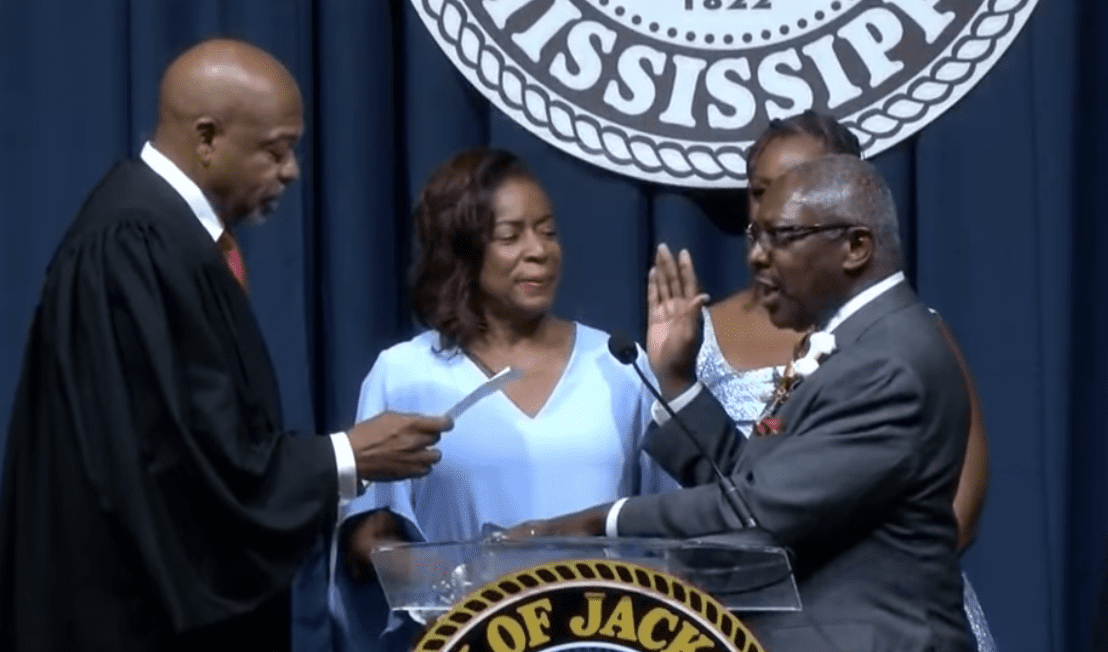
Mississippi Democrat Congressman Bennie Thompson (MS-02) has cosponsored the MORE Act – Marijuana Opportunity Reinvestment and Expungement Act – essentially legalizing marijuana. While 11 states have already made it legal, the other 39 would have to vote to legalize the drug if the MORE Act passes.

Congress could take up the bill on the floor next week for a full vote of its members.
The primary sponsor of H.R. 3884, or the MORE Act, is New York Congressman Jerry Nadler. It was introduced in the U.S. House in July 2019 and passed out of the House Judiciary Committee in November 2019.
Over 100 Democrat members of Congress have signed on as cosponsors for the bill, including some of the most liberal lawmakers such Congresswomen Maxine Waters, Rashida Tlaib, Ayanna Pressley, Ilhan Omar, and Alexandria Ocasio-Cortez.
Only three Republicans have signed on to the bill – Congressmen Matt Gaetz, Tom McClintock and Don Young. None of Mississippi’s Congressmen are backing the measure.
Simply put, the bill decriminalizes marijuana.
Specifically, according to the bill summary, it removes marijuana from the list of scheduled substances under the Controlled Substances Act and eliminates criminal penalties for an individual who manufactures, distributes, or possesses marijuana.
The bill also makes other changes, including the following:
- replaces statutory references to marijuana and marihuana with cannabis,
- requires the Bureau of Labor Statistics to regularly publish demographic data on cannabis business owners and employees,
- establishes a trust fund to support various programs and services for individuals and businesses in communities impacted by the war on drugs,
- imposes a 5% tax on cannabis products and requires revenues to be deposited into the trust fund,
- makes Small Business Administration loans and services available to entities that are cannabis-related legitimate businesses or service providers,
- prohibits the denial of federal public benefits to a person on the basis of certain cannabis-related conduct or convictions,
- prohibits the denial of benefits and protections under immigration laws on the basis of a cannabis-related event (e.g., conduct or a conviction), and
- establishes a process to expunge convictions and conduct sentencing review hearings related to federal cannabis offenses.

California Democrat U.S. Senator and Vice President nominee Kamala Harris has sponsored companion legislation in the U.S. Senate, S. 2227. It was introduced in July 2019, as well, but no action has been taken in the upper chamber.
If the votes in the U.S. House come in as expected, the MORE Act could be the first piece of legislation in American history passed out of the lower chamber to end the federal marijuana prohibition.
In July 2020, delegates to the Democratic National Convention voted 106-50 against a proposed amendment to the party’s 2020 platform supporting federal marijuana legalization. However, the following statement did make its way into the final DNC 2020 party platform:
“Substance use disorders are diseases, not crimes. Democrats believe no one should be in prison solely because they use drugs. Democrats will decriminalize marijuana use and reschedule it through executive action on the federal level. We will support legalization of medical marijuana, and believe states should be able to make their own decisions about recreational use. The Justice Department should not launch federal prosecutions of conduct that is legal at the state level. All past criminal convictions for cannabis use should be automatically expunged. And rather than involving the criminal justice system, Democrats support increased use of drug courts, harm reduction interventions, and treatment diversion programs for those struggling with substance use disorders.”
Mississippi voters will decide on whether or not to authorize a medical marijuana program in the state on the November ballot, choosing first if they want such a program and then voting for either ballot referendum Initiative 65 or the Legislature’s Alternative 65A.











